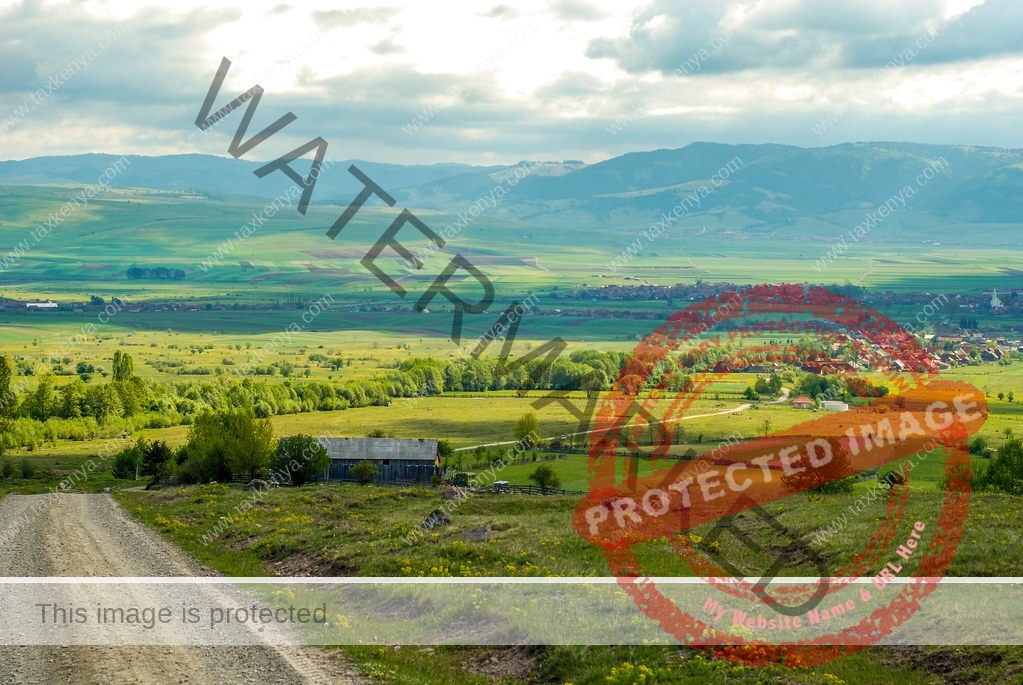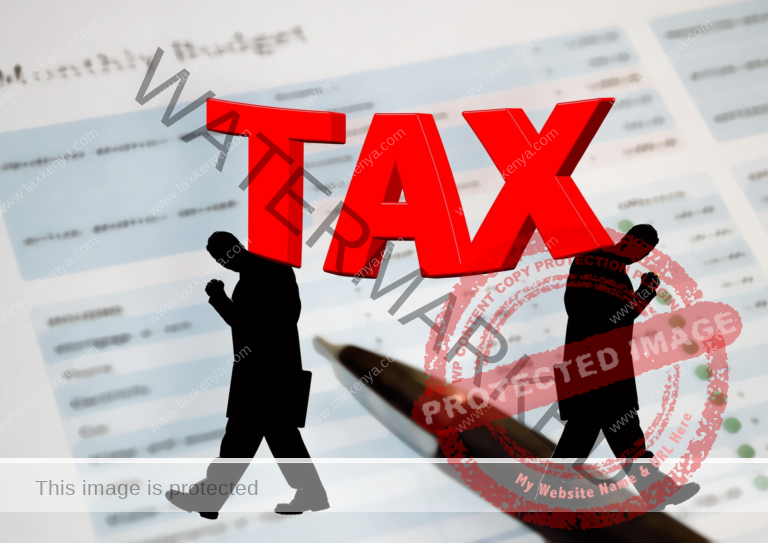The Kenyan Constitution is supreme to all laws in the country for land and VAT. It is the anchor of all laws in the country and there should never be any conflict. The recent High Court ruling on the application of VAT on the supply of land (and all encumbrances) is clear evidence of conflict between the Constitution and the tax laws.
The question before the Court was whether the supply of land (and all encumbrances) are subject to VAT in Kenya.
This ruling brings to the fore conflict between the VAT Act (2013) and the Kenya Constitution (2010). This is in some sections such as subjecting land (and all encumbrances) to VAT.
VAT Act (2013) position
The VAT Act (2013) is clear on the separation of land and all the buildings on the land. This determines the application of VAT on the supply by way of:
- Sale.
- Rent.
- Lease.
- Hiring.
- Letting.
According to the Act, supply of land and what is built on it can be separated as follows:
- Land as a lone supply.
- Land as a supply with residential buildings.
- Land as a supply with commercial buildings.
- Land as a supply with no buildings but commercial activities.
Number (1) and (2) are not subject to VAT in Kenya according to the Exempt Supplies in the First Schedule of the VAT Act, 2013, Part II on exempt services. However, number (3) and (4) are subject to VAT in Kenya at the rate of 16% where the commercial buildings and activities are subject to VAT.
The First Schedule of the VAT Act separates different components of supply. For example, a mineral water bottle has water, container and labels. This separation treatment seems to have been extended to residential properties.
Therefore, according to the Act, when examining a supply of land and all buildings on it, one should break the transaction into the following:
- Land.
- Residential buildings on the land.
- Commercial buildings on the land.
- Activities are undertaken on the land e.g. renting the land for various activities.
When supplies of land and all the buildings on it are valued, different values are allocated to land alone and the buildings. Hence, land and residential buildings are not subject to VAT. However, in case there are commercial buildings, they will be subject to VAT.
Also, Section 17 No. 4 of the VAT Act (2013) determines that “provided that no tax shall be charged on the supply where no input tax deduction was allowed in that supply”.
This section determines that in cases where input tax had not been charged and deducted on prior transactions, subsequent sale should not be subject to VAT. In the majority of commercial building supplies in Kenya, VAT was not been charged in earlier transactions.
Kenya Constitution position
According to the Land Act, 2012 which derives the meaning of land from Section 260 of the Kenya Constitution, 2010, land means the surface and all that is built above and under the surface.
This then indicates that one cannot separate land from any buildings above or under it whether a commercial building or a residential building.
The reasoning behind this is that it is not possible to supply a building without the land. After all, registration of the buildings is based on the land registration.
The problem
VAT law is not expected to conflict with the Constitution. However, this is a case where the tax laws conflict with the Constitution. This has resulted in Kenyans paying VAT on the supply of commercial buildings according to the VAT Act.
Often, there is no separation between the value of the commercial buildings and the value of land the commercial buildings sit on. The buyers end up paying more VAT because it is based on the higher value.
However, this VAT is deductible input tax in-cases where the person is registered for VAT and will use the building for production of vatable supplies.
In case the recent Court ruling will not be appealed and will be considered as the true position in land and buildings transactions, it means that the persons who paid the VAT which they were not supposed to pay should be refunded the money. However, the VAT Act (2013) is clear on what money should be refunded.
The VAT is refunded on deductible input VAT on exports, VAT paid in error and VAT in bad debts. The VAT Act does not provide for a refund of any other VAT. This means that the affected taxpayers would seek the Court’s declaration that the money be refunded.
Conclusion
KRA has indicated that it will appeal the High Court decision. For now, we can only wait for what the Court of Appeal or the Supreme Court will decide.
Thank you for reading the article.
Dr. Wakaguyu Wa Kiburi.





